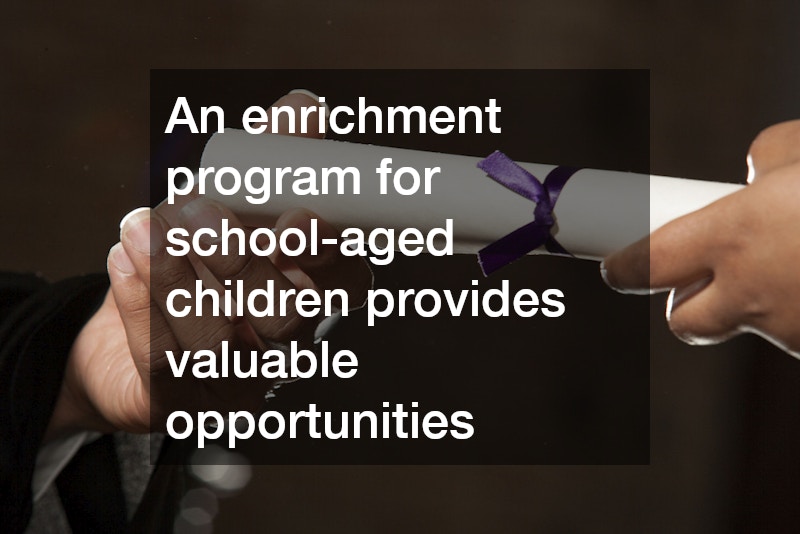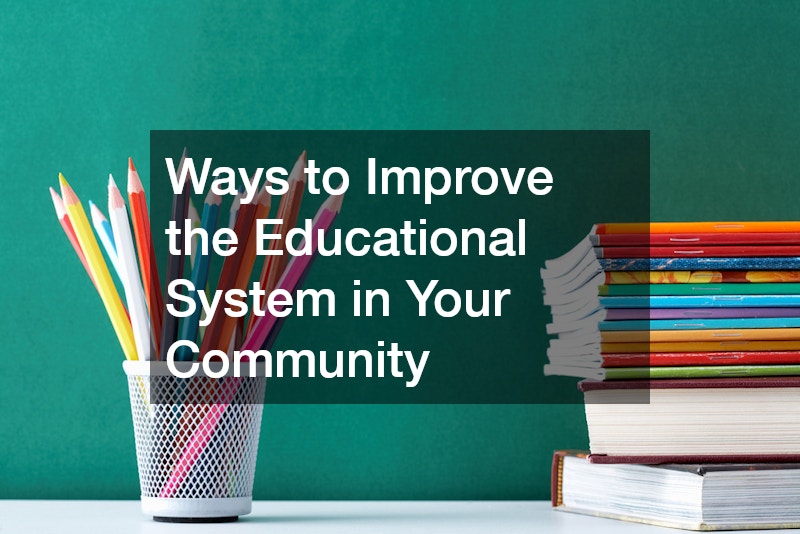An enrichment program for school-aged children provides valuable opportunities for students outside the normal school year. It is a great way to enhance their learning beyond the standard curriculum. These programs are designed to stimulate intellectual curiosity, foster creativity, and develop critical thinking skills. When looking for quality options, parents often seek the best child enrichment program services available that meet their child’s unique needs.
During the summer, summer enrichment camps for kids of all ages offer diverse activities and learning experiences. These camps provide an immersive environment where children can explore new subjects and meet new people. They cater to various interests and age groups, ensuring that every child finds something engaging and beneficial.
It is important to note that academic enrichment and educational services are not limited to the school year. These services, focusing on subjects like math, science, language arts, and more, are available year-round. They aim to reinforce school learning, address individual academic challenges, and advance students’ knowledge. These after-school services ensure a continuous learning journey for children and adults alike.
There are numerous education and enrichment class options for those looking to continue their education. These classes are designed for lifelong learners, offering opportunities to acquire new skills and better themselves. Call your local school department today to learn more about the options available.
The education system has been established for a long time and has molded millions of people into professionals that hugely contribute to the workforce. One could say that education is the backbone or the pillar of the economy since it allows people to create and consume, and keeps the economy moving.
However, since the system has been around for some time, not much has changed, except for the technology used today. Faced with many challenges, it is still a flawed system that needs improvement.
We, humans, have different types of intelligence, yet the system focuses solely on specific types of intelligence that not all students have.
This has caused a domino effect in which some students suffer depression because they think they’re not smart enough or have no choice but to cheat to comply with the standard of having good grades instead of learning things.
Aside from this issue of the education system being one-dimensional, there is also the issue of curriculum having non-essential knowledge that is somehow mandatory to complete and pass subjects. Non-essential knowledge is basic knowledge that a person wouldn’t get to utilize in the outside world such as the mitochondria being the powerhouse of a cell, wavelengths of the different hues of light, writing in cursive, quadratic equations, and many more.
These are useful with their future but, actual knowledge like our human rights, paying taxes, how to vote, trading stocks, and even parenting should be included as well.
Student’s Mental Health
As time passes, this problem with the education system is still not addressed. Students have developed mental illnesses because of their schooling. According to a 2020-2021 survey in the U.S., 41 percent of college students have depression, 19 percent have moderate depression, and 22 percent have severe depression.
There have also been several reports of suicide due to academic failure by students from the age of 15 to 19. The fact that the education system can cause depression and suicide is a blatant call to action. If schools and universities do not act on this problem and show any improvement for the years to come, then the future of our economy won’t be any better than what we have today.

How to Improve the System
As news reports of students having depression and being suicidal spread, the more we will discuss how mediocre the system currently is. News reports aren’t the only catalyst for this, as passionate individuals with strong advocacy to improve the current system also play a role in spreading the word and starting the wake-up call to schools and universities. With that being said, what are the exact ways to help improve our current education system? Here are some of them:
- Care For the Students: Everything must start from within. Everyone involved in managing and running the schools like the faculty, teachers, coaches, and the principal should be passionate and care for the students. This mindset will build and promote an innovative and forward-centric environment that will encourage that school’s education to improve.
- Adopt Effective Teaching Styles: The classroom has been autonomous for being a repetitive and boring environment to learn in. Teachers should explore more and try different teaching methods such as practicing outside in nature and having a student-centered classroom where everyone is encouraged to contribute to topics. They can also think of activities that will make the students more engaged with the lessons.
- Restructure the Curriculum: Most school curricula have not changed in the last 20-30 years, effectively needing a heavy overhaul. Subjects or topics that are not at all users should not be mandatory. Give more freedom to the students, ask what they want to learn, and restructure accordingly. It should be a conscious effort from all moving parts of the school.
- Improve the Infrastructures: Since students spend most of their time in their classrooms, these places must have a welcoming and modern feel to them as well. New and renovated buildings for improved accommodation of activities, underfloor heating, better air-conditioning systems, and machinery for new technologies can be covered by capital allowances on investment properties. Capital allowances are a great benefit for this specific solution and are an aspect that should never be overlooked.
- Parent Involvement: Parental involvement has consistently been linked to improved outcomes for children, including better school results. It doesn’t matter how many parents are involved, but what kinds of activities they do with their child. Children achieve more when schools and parents work together.
These are some of the most impactful ways the education system can be improved. Improving the system is a team effort that, if executed well, will pay dividends to the student’s well-being and eventually make learning fun again.
It is our responsibility as residents in the economy to keep finding ways to improve it. Since education is one of the sectors of the puzzle, we must always look into it and find ways for its improvement. If we manage to make the current education system better overall, the future generations that will come after will thank us heavily for our actions today.


